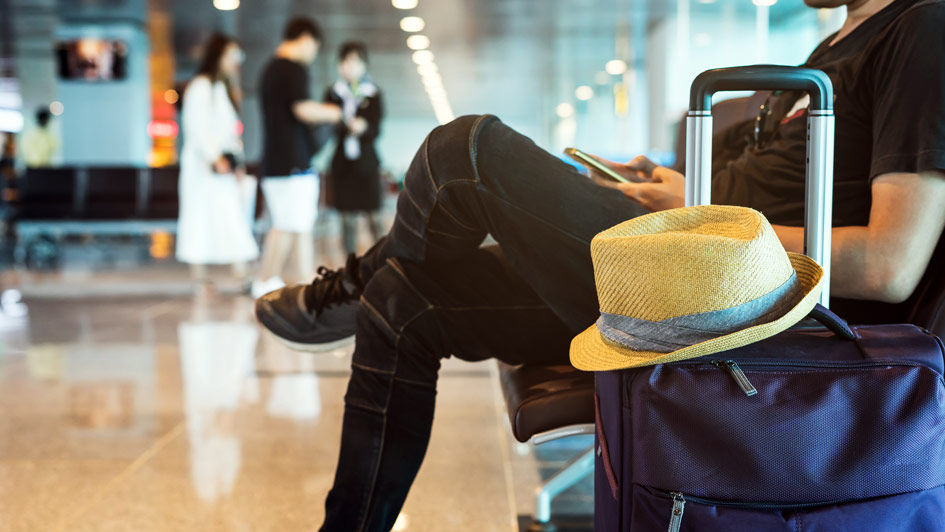
Whether it’s a relaxing vacation or an extended trip for work, traveling means making preparations for your home comfort system. You won’t be using it if you’re away, so you can make adjustments as necessary to limit your energy use. Just the same, you don’t want to just turn it off for the entire time you're out of the house.
For the most part, it’s better to leave your HVAC system going and just raise or lower depending on whether it's winter or summer. That way you can minimize energy costs without worrying about coming back to an uncomfortable home. We’ll walk you through why you shouldn’t turn your HVAC system off as well as the ideal thermostat settings for summer and winter.
Here’s Why You Avoid Leaving Your Thermostat Alone
While you may be tempted to leave your HVAC system off before a trip, this will sometimes end up stirring up big problems by the time you return. This is particularly true when the weather will be severely hot or cold while you’re away from home.
For instance, shutting the HVAC system down in the summer can produce very high humidity. Not only will your home feel gross when you have returned, but it may have also encouraged mold/mildew growth or pest infestations.
And during the winter, letting your house get cold might lead to pipes freezing up or even bursting. It’s an awful feeling to come home from a vacation only to discover substantial water damage nearby a broken pipe.
Best Thermostat Settings While at Work
You can make temperature adjustments even when you're just going to work. Since you’re not home for 8 hours or more, it doesn’t make sense to keep an empty home heated or cooled as if you were there. In general, it’s encouraged to adjust the thermostat by 5 degrees or so. This means that if you prefer a comfortable 72 degrees, try adjusting it to 76-77 while you’re out.
But you can save even more if you’re willing to further adjust the temperature. As reported by the Department of Energy, you could save about 10% on your HVAC expenses by making an adjustment of 7-10 degrees.
Best Thermostat Settings While on a Trip in Summer
If you’re leaving for a longer trip in the middle of summer, you can make bigger adjustments. This ensures you don’t waste energy while still protecting your home from the issues that come with leaving it uncooled. About 5 degrees is suitable for shorter trips while closer to 10 degrees is best if you’ll be away from home for 2 weeks or more. If you prefer keeping the house at 72 in the summer, 78-82 should offer the best results.
Ideal Thermostat Settings While On a Trip in Winter
To figure out the ideal thermostat setting for a winter getaway, consider lowering the temperature by the same amount you would raise it in summer. 68 is a common winter thermostat setting, so turning it down to 63-58 will protect your plumbing while minimizing how often your furnace operates.
A Smart Thermostat Can Help: Advantages of Smart Thermostat Installation
One of the best ways to manage your home’s HVAC system while out of the house is by investing in a smart thermostat. This special type of programmable thermostat uses intelligent software to monitor your typical comfort habits. It gradually understands these preferences and makes automatic corrections to the schedule for better energy efficiency. And with Wi-Fi connectivity, you can remotely access your heating and cooling from a mobile device or tablet.
Smart thermostats are loaded with features to help you save energy and lower costs. For instance, certain models can track electricity prices to bolster heating or cooling when prices are more affordable. They can be used with high-efficiency, variable-speed equipment to fine-tune how long your HVAC system should run. It’s the perfect tool to enhance how you use your comfort system. If you’re considering investing in a smart thermostat, there are a variety of ways you can lower your costs, effectively getting a smart thermostat for free. The next time you are away from home, you can enjoy true peace of mind that your HVAC system won’t cause any trouble while you’re gone.
